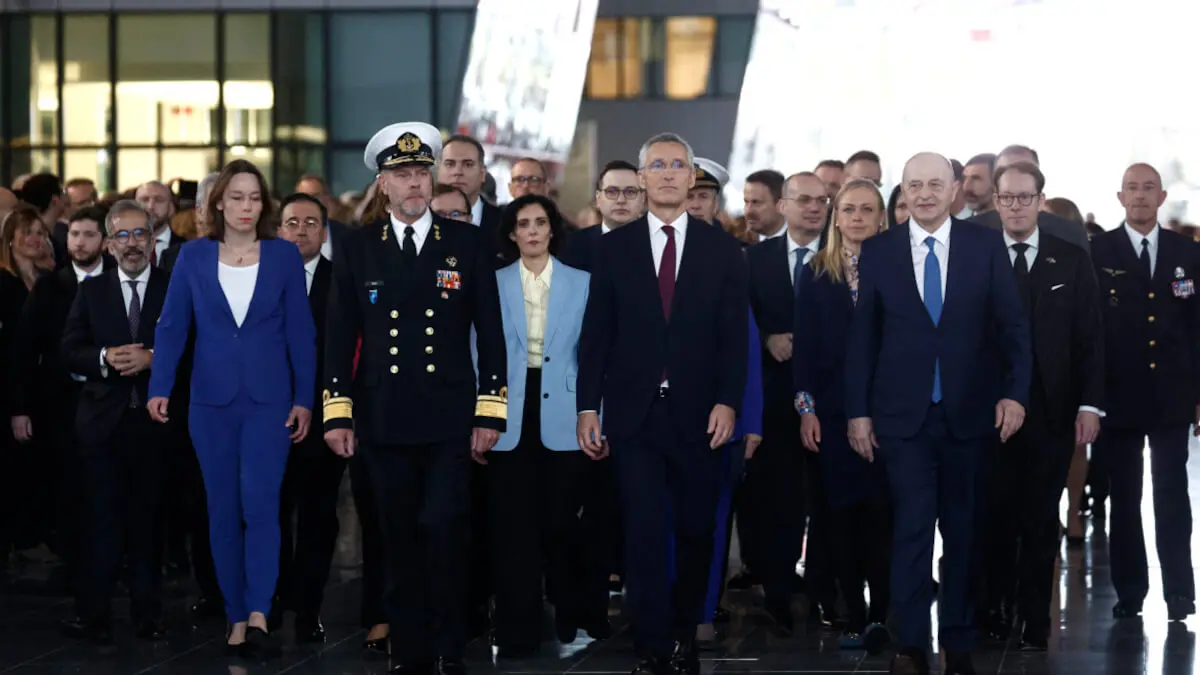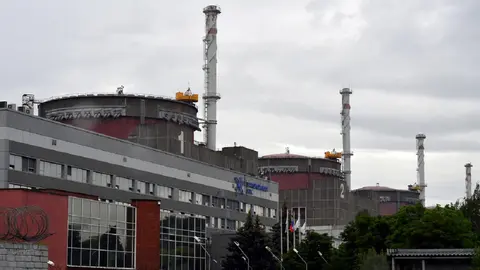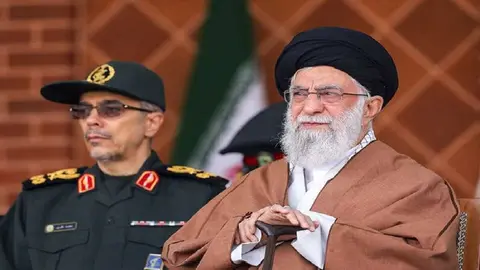75 years of NATO

In this case, there are some personalities who do have the capacity to unilaterally influence the Alliance's decisions and future, but, in general, it is the interests of the member states that are defended by their representatives, always conditioned by the needs of the general interest.
The creation of NATO in 1949, in the civil-military sphere, and of the European Communities in the energy, economic and commercial spheres, had as one of their main objectives to prevent Europe from becoming the epicentre of World War III. To prevent the Germans and the French, along with the rest of the friends and enemies, from engaging in a new war and dragging the rest of the world down with them, as happened twice in the 20th century.
During these 75 years there have been very complicated situations where the spark of a third world disaster was very close to igniting. We remember the Cold War tension between NATO and the Warsaw Pact, the Cuban missile crisis or the war in the Balkans. We came close, but fortunately the nuclear weapons deterrent with the theory of mutually assured destruction channelled the decisions of both sides through reason. If one bloc fires its missiles, the other has time to launch its own, and no matter how many missile shields are deployed, the certain impact of a few missiles with nuclear warheads, out of the thousands housed in the silos, planes and submarines of each side, would lead to total destruction and the cave age.
Russia's invasion of Ukraine tests the mettle and stature of our leaders. Some Russians threaten to use tactical nuclear weapons of limited range, the allies assure us that they will respond.
Human stupidity, drunk on ambition and cynicism, has too often in recent months made us realise that if you want peace, prepare for war. The worst thing for the West is that the enemy is at home. If Donald Trump returns to the White House, despite his copious legal bills, Europeans, and the world in general, will once again suffer the protectionism and populism of a despicable character, which, unfortunately, is also rife in Europe and elsewhere in the world.



